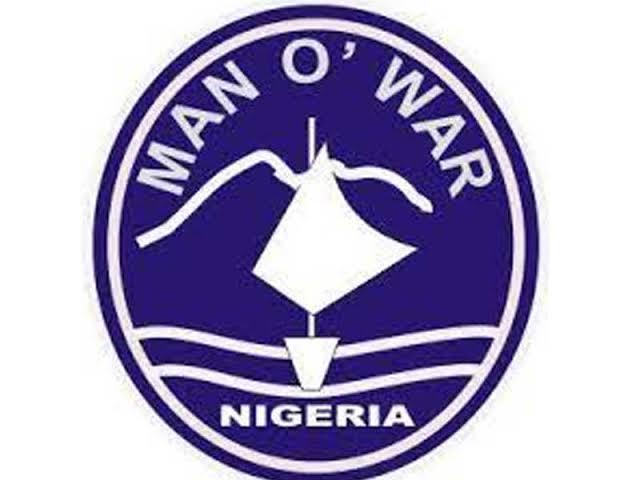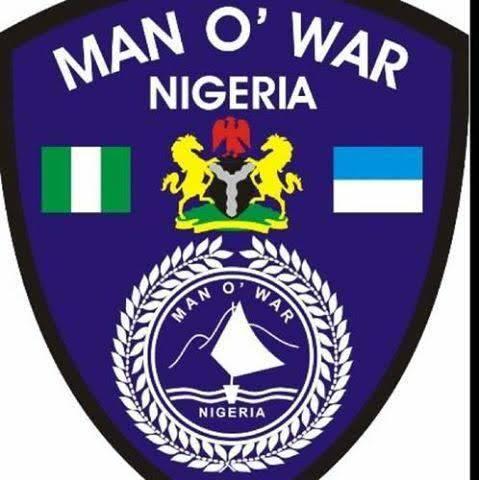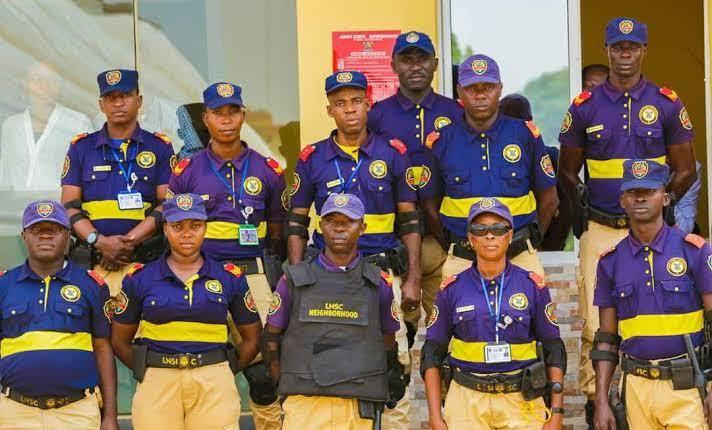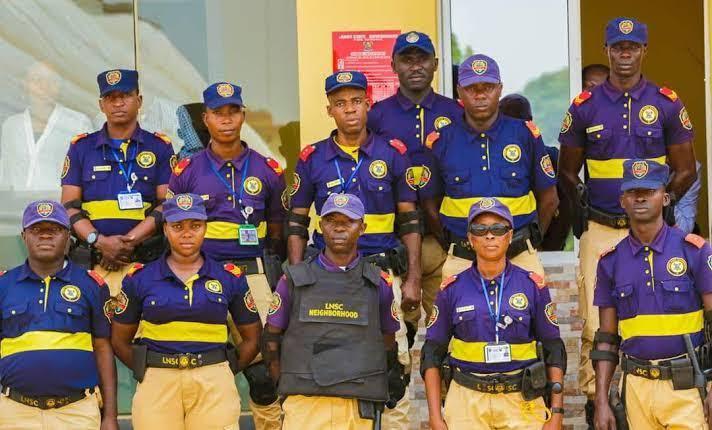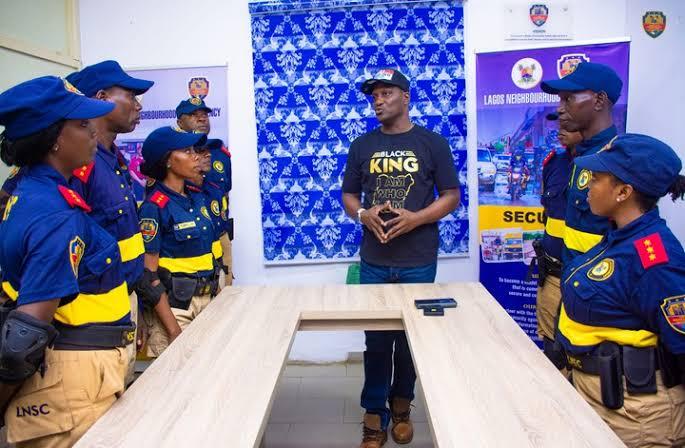Explore Our Bill Payment Services:
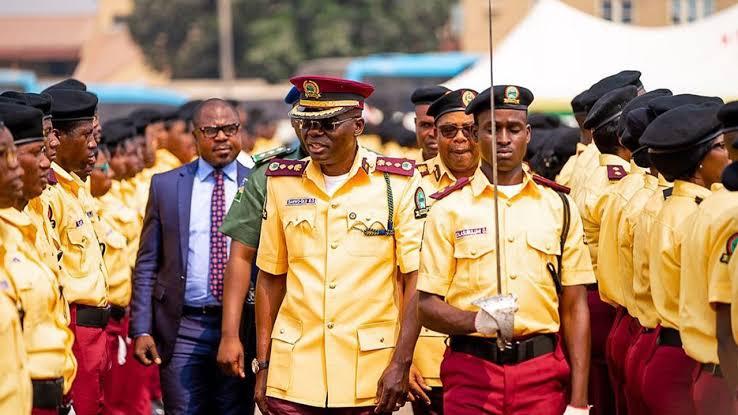
- Military And Defence
- Para-Military Guide
- Nigeria
What Are The Functions Of Lastma? Their Roles & Responsibilities Explained
Lagos is Nigeria’s most populous city—and with millions of vehicles on the road daily, traffic control isn’t optional; it’s essential. That’s where LASTMA comes in.
The Lagos State Traffic Management Authority (LASTMA) is the agency in charge of managing, controlling, and enforcing traffic regulations across the state.
But what exactly does LASTMA do?
In this guide, we break down the official functions and duties of LASTMA officers, from daily traffic operations to road safety enforcement.
Functions of LASTMA: Full List of Official Roles
Here are the major roles and responsibilities of LASTMA in Lagos:
1. Traffic Control and Management
LASTMA’s primary function is to ensure free-flowing traffic on Lagos roads.
-
Manages major intersections and highways
-
Directs traffic during peak hours
-
Clears traffic bottlenecks and road obstructions
-
Responds to road congestion and emergencies
2. Enforcing Traffic Laws and Regulations
The agency ensures road users follow Lagos traffic laws.
-
Issues tickets and fines to traffic offenders
-
Impounds vehicles that violate traffic laws
-
Ensures compliance with speed limits, seat belt rules, and road signs
-
Collaborates with law enforcement for arrests in extreme violations
3. Reducing Road Accidents
One of LASTMA’s key goals is to minimize accidents on the road.
-
Provides real-time road safety alerts
-
Removes broken-down vehicles from roads
-
Supervises school zone and pedestrian crossings
-
Conducts safety audits on traffic black spots
4. Public Education and Sensitization
LASTMA also focuses on educating the public on safe driving practices.
-
Organizes traffic awareness campaigns
-
Visits schools, communities, and transport parks
-
Uses radio, TV, and social media to share safety tips
-
Hosts driver retraining workshops
5. Traffic Data Collection and Analysis
To improve traffic systems, LASTMA collects real-time data:
-
Monitors traffic with CCTV and surveillance tech
-
Records road usage statistics
-
Identifies high-risk areas and accident-prone zones
-
Advises government on road planning and improvements
6. Supporting Emergency Services
LASTMA officers often provide first response in emergencies:
-
Assists during road accidents or disasters
-
Coordinates with fire service, police, and ambulance units
-
Helps create emergency escape routes during crises
-
Manages traffic during VIP movements and public events
7. Vehicle Towing and Recovery
When vehicles break down or cause blockages:
-
LASTMA deploys towing vans to remove them
-
Repossessed vehicles are taken to government-approved yards
-
Owners pay fines and charges to retrieve their cars
8. Training and Capacity Building
The agency invests in training its officers and external stakeholders:
-
Regular staff retraining programs
-
Workshops for commercial drivers and unions
-
Updates on new traffic rules, tech tools, and enforcement systems
Summary Table
| Function | Description |
|---|---|
| Traffic Management | Controls vehicle flow on busy Lagos roads |
| Law Enforcement | Enforces traffic rules and fines offenders |
| Accident Prevention | Helps reduce road crashes and traffic hazards |
| Public Education | Teaches road users about safety and regulations |
| Traffic Data Analysis | Collects road usage stats and advises on planning |
| Emergency Support | Responds to accidents and works with rescue teams |
| Vehicle Recovery | Tows broken or abandoned vehicles |
| Training & Retraining | Trains officers and transport workers regularly |
Frequently Asked Questions (FAQs)
Q: Is LASTMA a federal or state agency?
LASTMA is a Lagos State Government agency under the Ministry of Transportation.
Q: Can LASTMA arrest road users?
While they don’t have full arrest powers like police, they can detain vehicles, issue tickets, and hand over serious violators to the police.
Q: How do I report a LASTMA officer or file a complaint?
You can contact LASTMA via their hotline or report directly through the Lagos State Ministry of Transportation’s complaint desk.
Q: Do LASTMA officers work on weekends and public holidays?
Yes. They operate 7 days a week, including holidays, due to the 24/7 nature of traffic in Lagos.
Final Thoughts
The work of LASTMA goes far beyond just waving hands at junctions. From enforcing traffic laws to saving lives during emergencies, LASTMA plays a vital role in keeping Lagos roads functional and safe.
Understanding the agency’s responsibilities gives every road user better insight into how to comply—and stay safe.
